This new Brazilian study reveals a hitherto unknown mechanism behind how the glyphosate-based Roundup herbicide harms rat brains. The results demonstrated that Roundup might lead to excessive extracellular glutamate levels and consequently to glutamate excitotoxicity and oxidative stress in rat hippocampus.
Mechanisms Underlyong the Neurotoxicity Induced by Glyphosate-Based Herbicide in Immature Rat Hippocampus: Involvement of Glutamate Excitotoxicity
Link to Full Paper: http://www.ncbi.nlm.nih.gov/pubmed/24636977
Authors:
Cattani D, de Liz Oliveira Cavalli VL, Rieg CE, Domingues JT, Dal-Cim T, Tasca CI, Silva FR, Zamoner A
Abstract
Previous studies demonstrate that glyphosate exposure is associated with oxidative damage and neurotoxicity. Therefore, the mechanism of glyphosate-induced neurotoxic effects needs to be determined. The aim of this study was to investigate whether Roundup® (a glyphosate-based herbicide) leads to neurotoxicity in hippocampus of immature rats following acute (30min) and chronic (pregnancy and lactation) pesticide exposure. Maternal exposure to pesticide was undertaken by treating dams orally with 1% Roundup® (0.38% glyphosate) during pregnancy and lactation (till 15-day-old). Hippocampal slices from 15 day old rats were acutely exposed to Roundup® (0.00005 to 0.1%) during 30min and experiments were carried out to determine whether glyphosate affects 45Ca2+ influx and cell viability. Moreover, we investigated the pesticide effects on oxidative stress parameters, 14C-α-methyl-amino-isobutyric acid (14C-MeAIB) accumulation, as well as glutamate uptake, release and metabolism. Results showed that acute exposure to Roundup® (30min) increases 45Ca2+ influx by activating NMDA receptors and voltage-dependent Ca2+ channels, leading to oxidative stress and neural cell death. The mechanisms underlying Roundup®-induced neurotoxicity also involve the activation of CaMKII and ERK. Moreover, acute exposure to Roundup® increased 3H-glutamate released into the synaptic cleft, decreased GSH content and increased the lipoperoxidation, characterizing excitotoxicity and oxidative damage. We also observed that both acute and chronic exposure to Roundup® decreased3H-glutamate uptake and metabolism, while induced 45Ca2+ uptake and 14C-MeAIB accumulation in immature rat hippocampus. Taken together, these results demonstrated that Roundup® might lead to excessive extracellular glutamate levels and consequently to glutamate excitotoxicity and oxidative stress in rat hippocampus.



























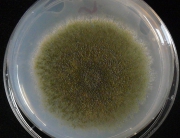
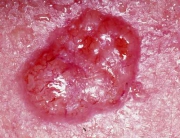

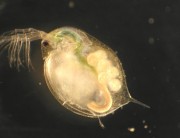










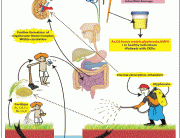










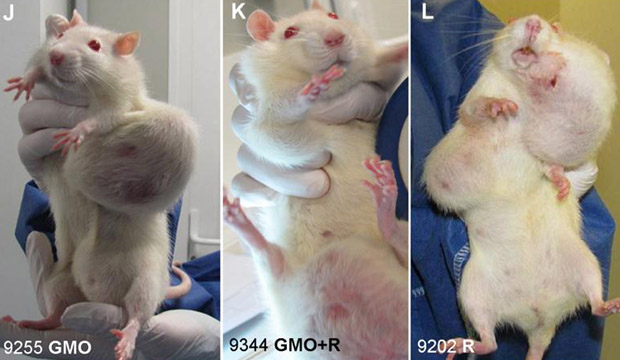






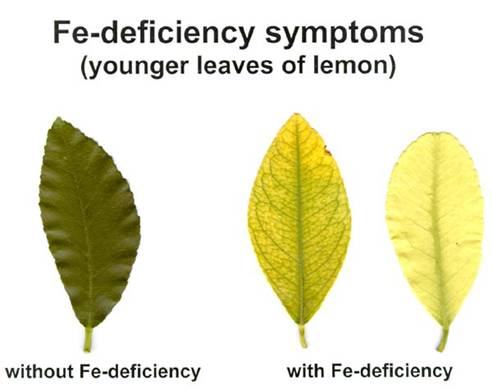

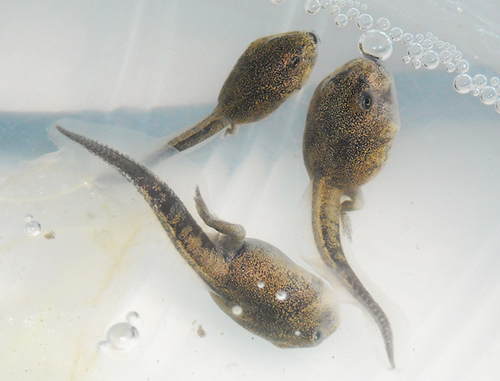
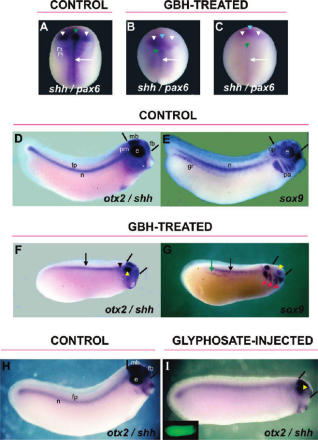
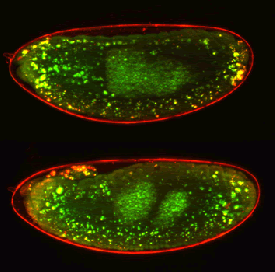


In lay mans language. This means that the research discovered use of Round-Up harms the brain and affects memory, in rats. Which then if humans used this product, could then lead to Altzheimer’s . Is that a correct analysis.
J McW, I don’t know if that is correct but Dr David Perlmutter, MD and neurology specialist says in his books that Azlheimer’s is caused by sugar, he is against use of grains b/c complex carbohydrates in grains break down to sugar. Many sources say Alzheimer’s is caused by gluten, but again, gluten is in grains, wheat gluten in wheat and other gluten proteins are in other grains. Wheat (a grain) is sprayed with Monsanto herbicide glyphosate (wheat is not GMO but glyphosate is used as a ripening agent on wheat), and glyphosate is declared by WHO carcinogenic, it is also known that it causes other diseases and infertility, and many online articles link it to brain damage. So maybe wheat gluten doesn’t cause Alzheimer’s, maybe sugar doesn’t cause Alzheimer’s, maybe glyphosate (part of Roundup) cases Alzheimer’s in people who eat wheat! And who doesn’t eat wheat? It’s in all industrial food! So is high fructose corn syrup made from corn which is a GMO crop, treated with glyphosate! Also glyphosate is in water and air. We are all being poisoned! Alzheimer’s is a disease which manifest usually later in life b/c different body parts break down in different speed and it takes the brain several decades. But on the other hand, children are born with autism, and glyphosate is found not only in our urine but also in breast milk. In ten yrs from now 1 in 2 newborn will have autism. Children can be kept autism symptoms free on an organic diet free from additives, filtered water, filtered air, no vaccines (mercury, aluminum, formaldehyde and MSG in vaccines cause autism).